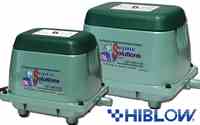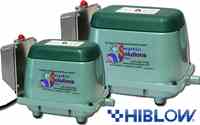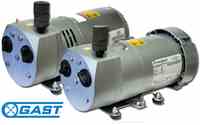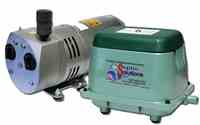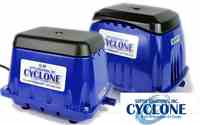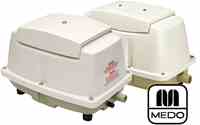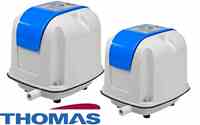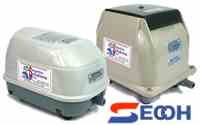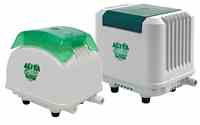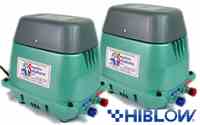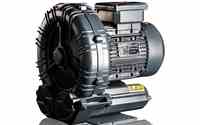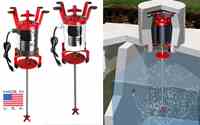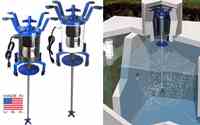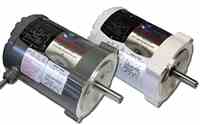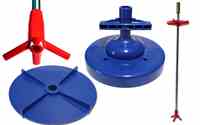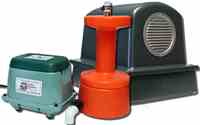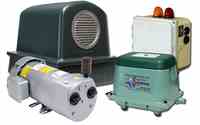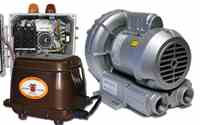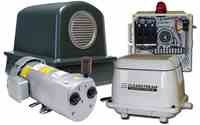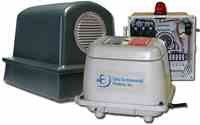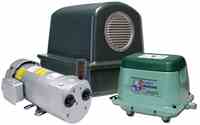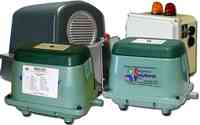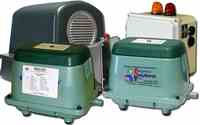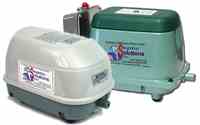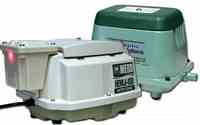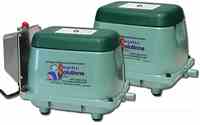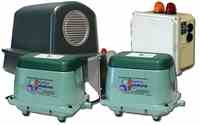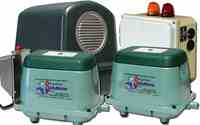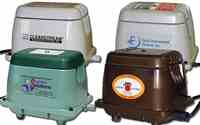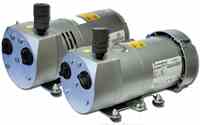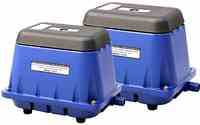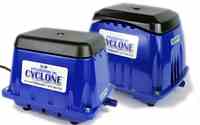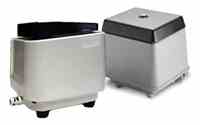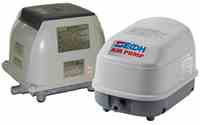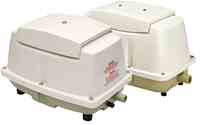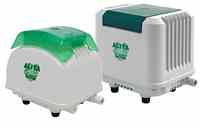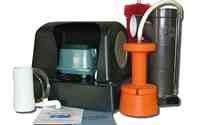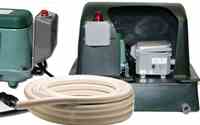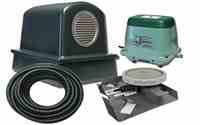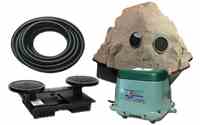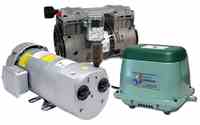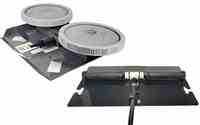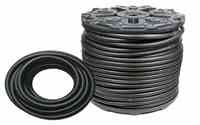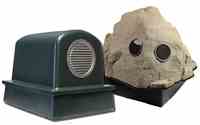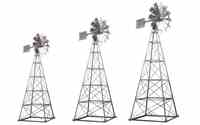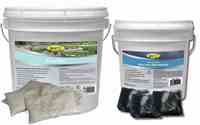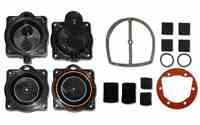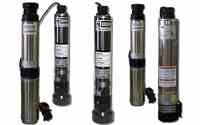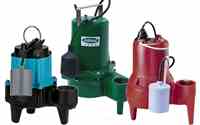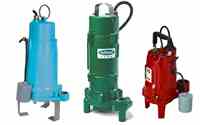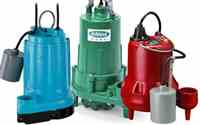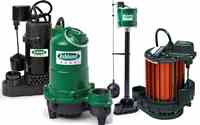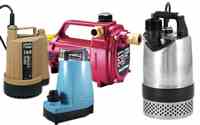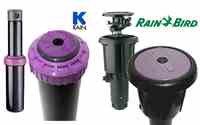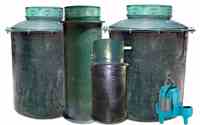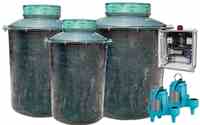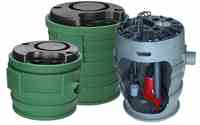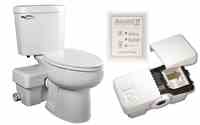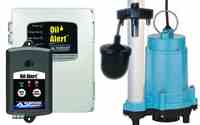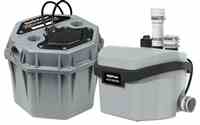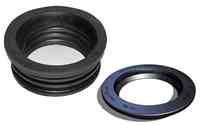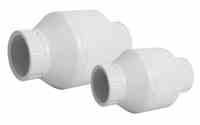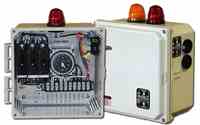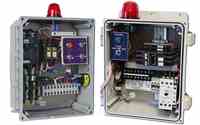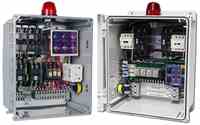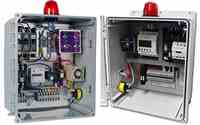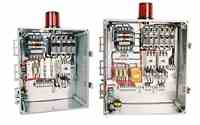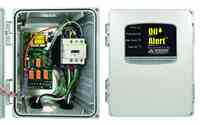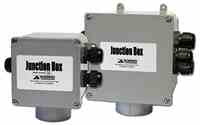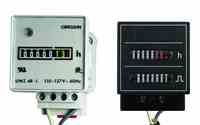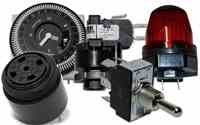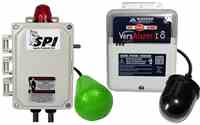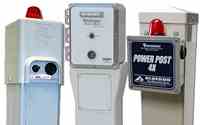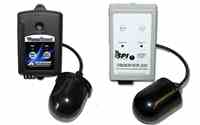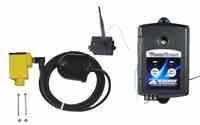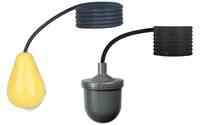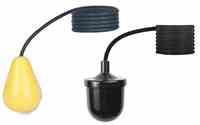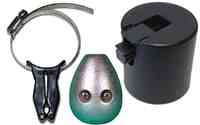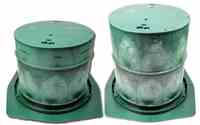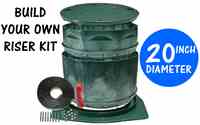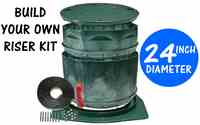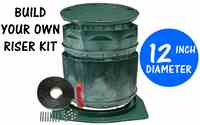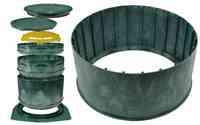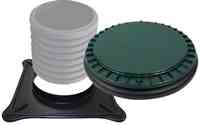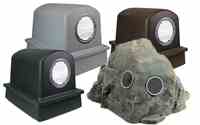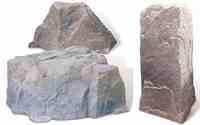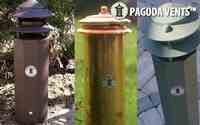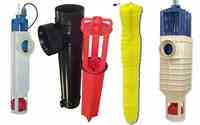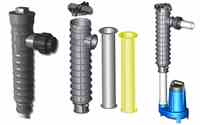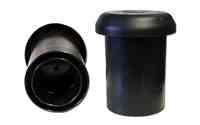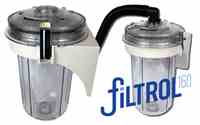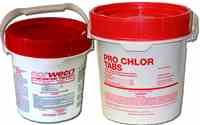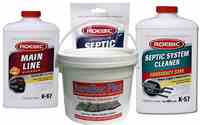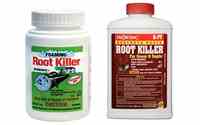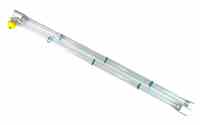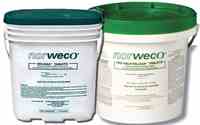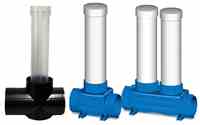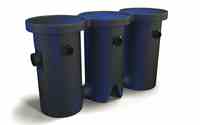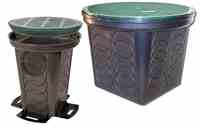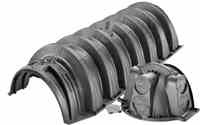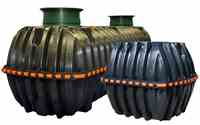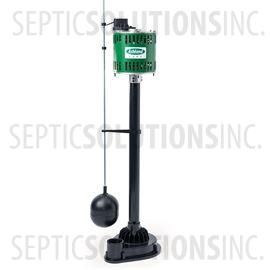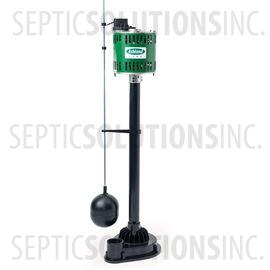Sump Pumps & Water Transfer Pumps
Pedestal Sump Pumps
- Ashland 1/3 HP Thermoplastic Pedestal Sump Pump
18 FT MAX HEAD, 50 MAX GPM
Item #:PED33
Our Price: $129.00MSRP: $159.00 - Ashland 1/2 HP Thermoplastic Pedestal Sump Pump
22 FT MAX HEAD, 83 MAX GPM
Item #:PED50
Our Price: $165.00MSRP: $202.00
WHAT IS A SUMP PUMP?
A sump pump is a mechanical device installed in a sump pit, a hole dug into the basement or crawlspace floor, to collect and remove excess ground water. Water enters the pit through perimeter drains, natural groundwater seepage, or surface runoff. When water levels rise, a float switch or sensor activates the pump, which then moves the water through a discharge pipe to a safe drainage point, such as a storm drain, dry well, or an area downhill from the home, preventing flooding and maintaining a dry environment.
HOW IT WORKS
- Water collects in the sump pit via drains or natural seepage.
- A float switch detects rising water and activates the pump.
- The pump moves water through a discharge pipe to a designated drainage area.
- The pump deactivates when water levels drop.
TYPES OF SUMP PUMPS
Sump pumps come in several types, each suited to specific needs:
SUBMERSIBLE SUMP PUMPS
Submersible sump pumps are fully submerged in the sump pit, with sealed, waterproof motors.
- Pros:
- Quieter operation due to submersion.
- More aesthetically pleasing as they’re hidden in the pit.
- Water cools the motor, reducing overheating risks during heavy use.
- More powerful, capable of handling debris and higher water volumes.
- Cons:
- Higher upfront cost (typically $200–$600).
- Harder to access for repairs compared to pedestal pumps.
- Best For: Homes with frequent flooding or finished basements where noise and aesthetics are concerns.
PEDESTAL SUMP PUMPS
With pedestal sump pumps, the motor sits above the water on a pedestal, with only the impeller submerged.
- Pros:
- More affordable (typically $60–$200).
- Easier to access for maintenance or repairs.
- Suitable for smaller or shallower pits.
- Cons:
- Noisier due to the exposed motor.
- More prone to overheating under heavy use.
- Less safe in homes with children due to exposed components.
- Best For: Budget-conscious homeowners or homes with minimal water issues.
BATTER BACKUP SUMP PUMPS
Battery Backup Sump Pumps are secondary pumps powered by a battery, activated during power outages or primary pump failure. Some systems combine both primary and backup pumps.
- Pros:
- Provides protection during storms when power outages are common.
- Often includes alarms to alert homeowners of pump issues.
- Cons:
- Additional cost for battery and maintenance.
- Battery life may limit operation time.
- Best For: Areas with frequent power outages or heavy storms.
WATER POWERED SUMP PUMPS
Water powered sump pumps use municipal water pressure (via a Venturi effect) instead of electricity, often as a backup system.
- Pros:
- Operates without electricity, ideal for power outages.
- No battery maintenance required.
- Cons:
- Consumes potable water, increasing water bills.
- Creates additional water disposal issues.
- Less common as primary pumps.
- Best For: Homes with reliable municipal water pressure and occasional power outages.
BENEFITS OF HAVING A SUMP PUMP
- Flood Prevention: Sump pumps remove excess water, preventing basement flooding during heavy rain or snowmelt, which can cost homeowners an average of $12,000 annually in damages.
- Mold and Mildew Control: By keeping basements dry, they reduce the risk of mold, mildew, and fungus growth, improving indoor air quality and preventing health issues.
- Structural Protection: Prevents water seepage into walls and foundations, preserving structural integrity and avoiding costly repairs.
- Increased Property Value: A well-maintained sump pump system can enhance a home’s value by demonstrating proactive water management, especially in flood-prone areas.
- Insurance Savings: Some insurance providers offer premium discounts for homes with sump pumps due to reduced flood risk.
- Versatility: Suitable for basements, crawlspaces, and even outdoor areas with poor drainage, like low-lying yards


